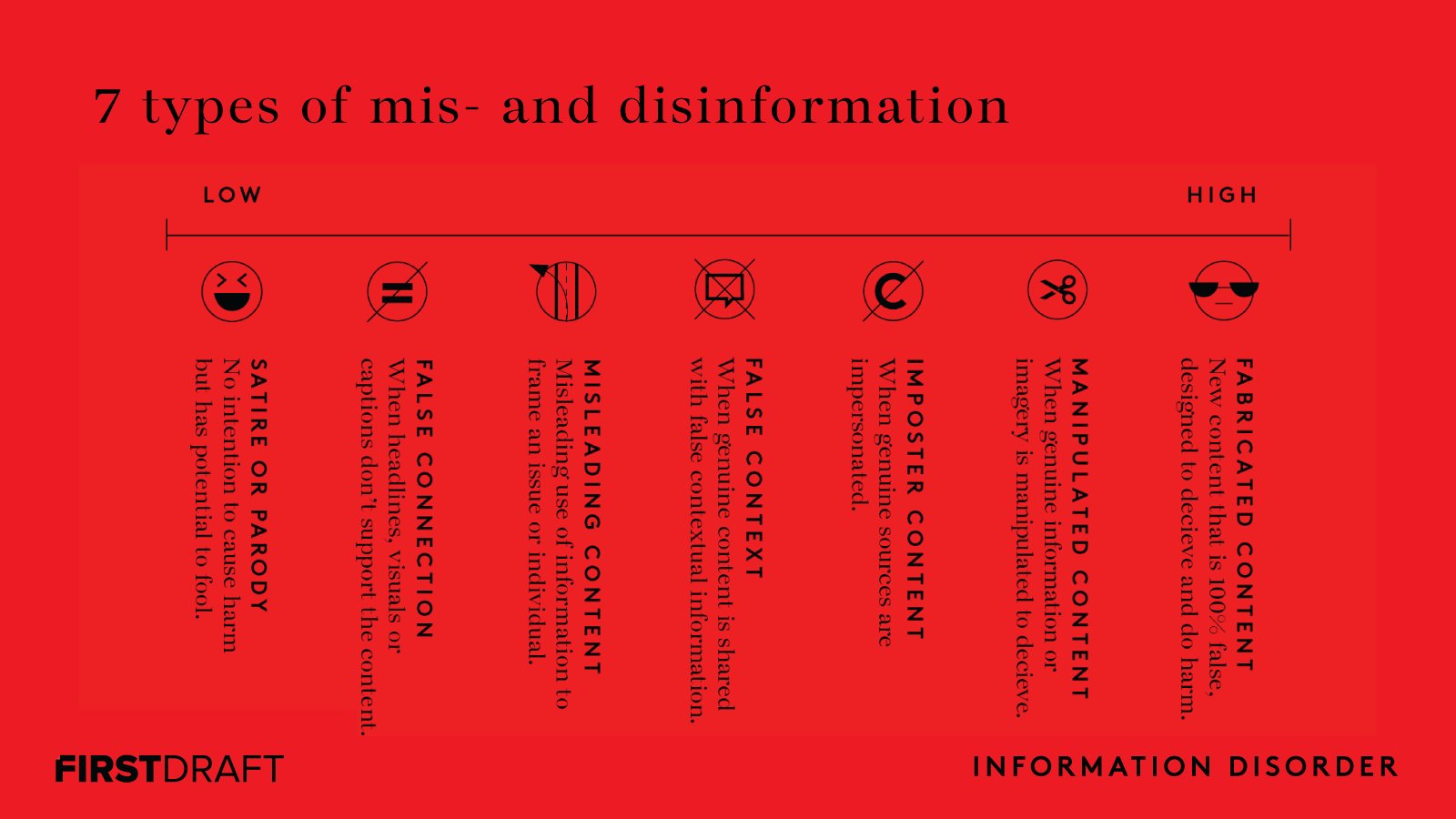Who knew?
There are some parents out there who have a hard time letting go of their adult children.
If only they had similar difficulty letting go of their money.
According to a new study by Merrill Lynch and Age Wave, parents in the U.S. spend $500 billion annually on their 18- to 34-year-old adult children. That wouldn’t be so bad if it wasn’t twice the amount they contribute each year to their retirement accounts ($250 billion).
Though nearly two-thirds of parents say they’ve sacrificed their own financial security for the sake of their children, more than 90 percent also say parenting is the most rewarding aspect of their lives.
“Parenting can be one of the most fulfilling and identity-shaping experiences of a person’s life – and with it comes a lifelong financial commitment,” says Lorna Sabbia, head of retirement and personal wealth solutions for Bank of America Merrill Lynch. “Planning ahead for the major financial costs can limit surprises down the road and help parents safeguard their own financial goals.”
Of the 173 million parents in the United States today, just 76 million have children under 18. As a result, 89 percent agree there is “no normal” when it comes to parenting, though 52 percent say the infant and toddler stage is the most rewarding part of parenting. Middle school and high school are considered the most difficult times, thanks largely to increased financial dependence. Perhaps that’s why 73 percent of people now consider finances before becoming a parent – compared to just one-third in the 1980s.
The average cost of raising a child to age 18 is now estimated to be over $230,000. Nine in 10 parents say they’re surprised by how much money they spent after becoming a parent, and nearly two-thirds (63 percent) say they’ve had financial difficulties as a result of parenting.
Yet it appears that getting your kids to age 18 is hardly a financial finish line. Nearly four out of five (79 percent) of parents of early adults say they provide them with some kind of financial support. Roughly 31 percent of adults ages 18 to 34 live at home, which is a greater percentage than those who live with a spouse. And according to a separate survey by NerdWallet, the majority of parents (87 percent) of children 18 and older had their adult children living with them for at least some period of time.
Even if their adult children live independently, today’s parents often contribute to food and grocery bills (60 percent), cell phone service (54 percent), car expenses (47 percent), school (44 percent), vacations (44 percent), rent (36 percent), and student loans (27 percent).
And a survey released Thursday by CreditCards.com found that nine in 10 American parents would help their grown children pay off debt. The average parent is willing to fork over $5,705 to their child for debt repayment, without any expectation of being reimbursed — and nearly $8,000 if they expect to be paid back. (The big exception being gambling debt, for which 57% of parents say they would never foot the bill.)
In addition, according to Merrill Lynch, 59 percent expect to help pay for their children’s weddings, 26 percent expect to contribute to their children’s first homes, and one-third plan to contribute to their grandchildren’s college costs.
“In this new era of delayed financial independence of young people, financial planning is no longer a solo or coupled activity,” says Ken Dychtwald, CEO and founder of Age Wave. “It’s become an ongoing family project with longer and different social, housing, and economic interdependencies than we’ve seen before.”
Unfortunately for parents, this is putting their own retirement plans at risk. Seventy-two percent of parents tell Merrill Lynch they have put their children’s interests ahead of their own need to save for retirement, and 82 percent say they would be willing to make a major financial sacrifice for adult children, including drawing down savings (50 percent) or curtailing their lifestyles (43 percent). One-fourth would even take on debt or pull money from retirement accounts.
As the NerdWallet survey revealed, every little contribution that parents make adds up. When the average parent borrows $21,000 for their child’s tuition, and student loan payoff plans are around 10 years, it’s potentially costing these parents almost $80,000 in missed retirement savings to send their kid to college. And on average, NerdWallet estimates a parent covering a child’s living expenses for five years and borrowing money for college tuition is missing out on $227,000 — almost a quarter of a million dollars — in retirement savings.
A higher cost of living or supporting multiple adult children could drive that number even higher. For instance, if a parent gives an adult child an allowance of $200 a month for five years, that $12,000, invested in a retirement account earning 6 percent interest, would have grown to almost $40,000 by the time the parent retires.
“As parents, we tend to want to do everything we can to help our children succeed,” says Andrea Coombes, NerdWallet’s investing expert. “But sometimes we focus on the present at the expense of the future.”
It doesn’t have to be that way. Voya Financial’s head of customer solutions, James Nichols, suggests that parents should have a clear understanding of financing and their retirement savings goals, be as honest as they can with their financial situation, bring a third party in to look over the details, and then put it all in writing and check on the plan every so often. However, if a financial advisor isn’t in the budget, there are simpler options available.
Insurance: Keeping adult kids on the family insurance plan as long as possible might help them save on health care costs, but Coombes suggests asking children to reimburse you for at least some of those costs, and maybe ramp up the amount they contribute over time. “That’ll help get them ready to pay their own bills down the road, even as it keeps you on track to save for retirement — which is when you’re really going to need that money,” she says.
Student loans: Parents can always ask adult children to contribute to student loan costs, but they can also refinance loans or speed up repayment to reduce interest charges. If parents haven’t taken out loans yet, it’s best to have a child borrow first, since federal student loans tend to have better interest rates and terms than parent PLUS loans.
Living at home: It’s best for everyone if parents ask adult kids to pay some rent and their share of the bills, like utilities. It helps them learn to build a monthly budget, and helps parents get that much closer to retirement. “One way to help out with your adult children’s finances is to let them live at home and thus avoid the major monthly cost of rent,” Coombes says. “But letting them live at home doesn’t mean you have to give them a free ride.”
At the very least, parents should calculate the potential costs of retirement before committing to helping their kids. Both parents and their adult children can plan ahead without sacrificing one’s future for the other’s.
“When emotions and money become intertwined, parents risk making financial decisions that can compromise their – and their children’s – financial futures,” says Lisa Margeson, head of retirement client experience and communications at Bank of America Merrill Lynch. “Parents can navigate this difficult balance by setting clear boundaries about their level of support, fostering financial independence in adult children, and reconciling spending on children with long-term savings goals to avoid jeopardizing their own financial security.”
Related Articles:
The post Parents Are Spending Twice as Much on Their Adult Kids as Retirement appeared first on The Simple Dollar.



 _______________
_______________













